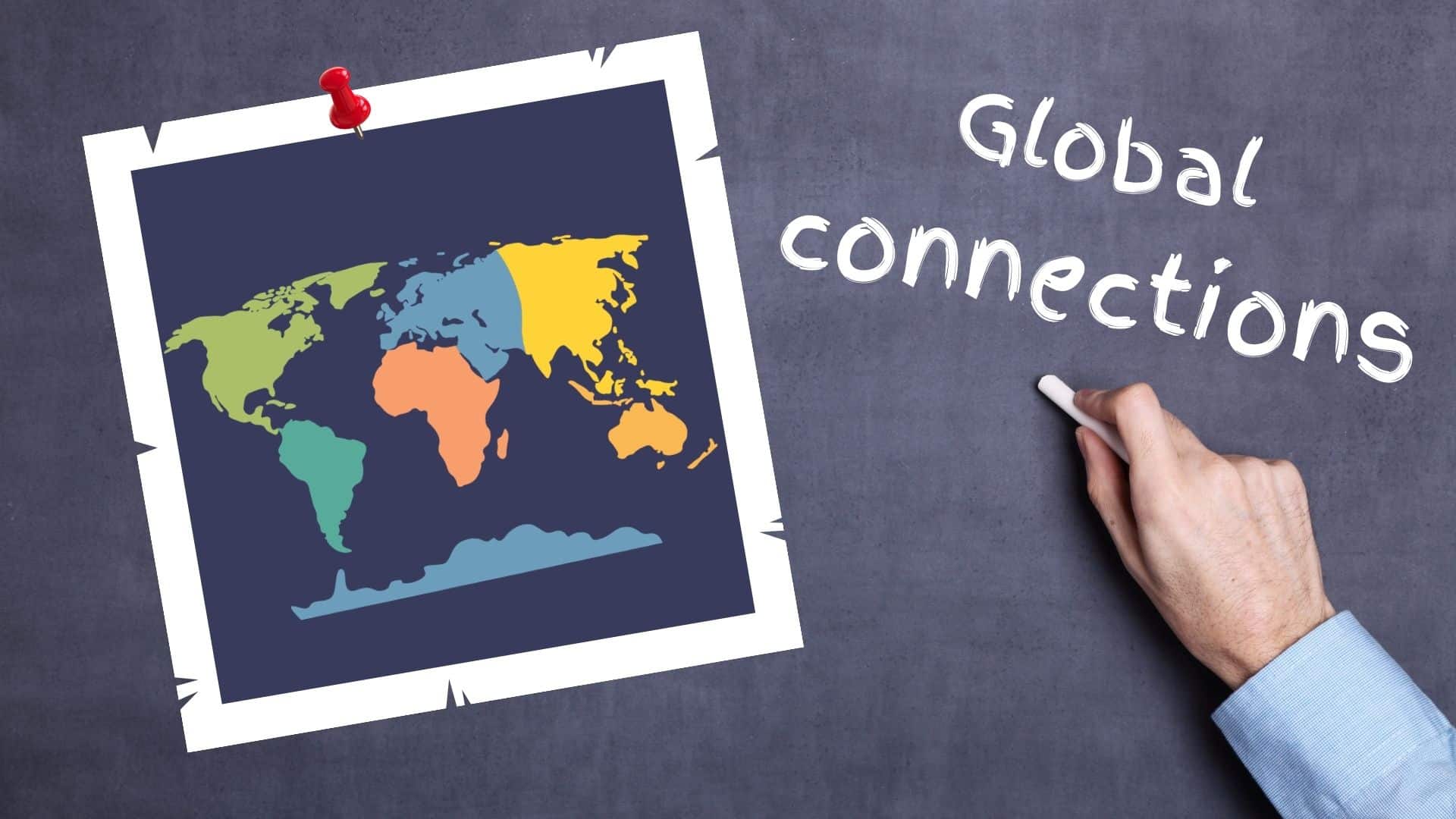Important events are taking place around the world. It is essential that young people understand what is happening and why they should care.

Photo illustration by News Decoder
We believe that it is more important than ever that education be grounded in global awareness.
China, India, Russia, the U.S. and Europe are all sending rockets to the moon. The effects of climate change are manifesting in every country. A war in Eastern Europe affects food supplies everywhere.
Young people need to know how they are connected to other people in other places, how events far from them will affect their lives and how what their governments do will affect the lives of people elsewhere.
Even if they never leave their hometowns, they are still citizens of the world.
Making the global connections
Teaching about global events isn’t easy. So much of what is happening seems so complicated. Why does the entire world have eyes on an invasion of Ukraine or a coup in Niger? How can the collapse of the Chinese economy cause ripple effects in every other economy? Why should anyone outside Argentina care about the presidential election there?
Dissecting these complicated events in far-off places is what News Decoder is all about.
With the start of the new school year, we are excited to roll out some programs to help teachers incorporate global awareness into an educational program. These include programs and materials designed for the classroom, student-driven activities and projects for student-go getters who want to be part of special projects. Look for them in the coming weeks.
News Decoder in the classroom: We’ve created one-page guides on using News Decoder articles in science, economics, government, politics, history and geography classes. And our story pitching process is a great way of getting students to recognize the wider world by telling stories — in written articles, podcasts or videos — to a global audience.
They might be fans of a local sports team, but how would they convey the passion they have for that sport to someone in a country where it isn’t played? They might be troubled by pollution in a local river, but can they see how that problem might be relevant to someone halfway across the world? News Decoder’s story pitching and reporting process is designed to help students recognize different perspectives.
The News Decoder Club: In News Decoder Clubs, students work with News Decoder with minimal faculty input. We are designing monthly activities for club meetings so students can explore, discuss and debate global topics through our news articles, and pitch News Decoder stories with the aim of getting published. Clubs can also produce live webinars on topics of their choice — our Webinar Toolkit guides them through the process. Club members can also participate in our Decoder Dialogues. These are live webinars we host in which students present their own research on a pre-scheduled topic.
Parallel (By)lines: We can pair up a student who has published a story on News Decoder with one of our professional correspondents who has written on similar topics for a podcast or video conversation. We’ve found that as much as older people have lessons young people can benefit from, older generations can learn more than they expect from young people. When we put the two together, we all learn.
If any of these programs interest you, shoot us a message. And find out how your school can become a News Decoder academic partner. If your school is already an academic partner, let us help you make the most out of our programs.
